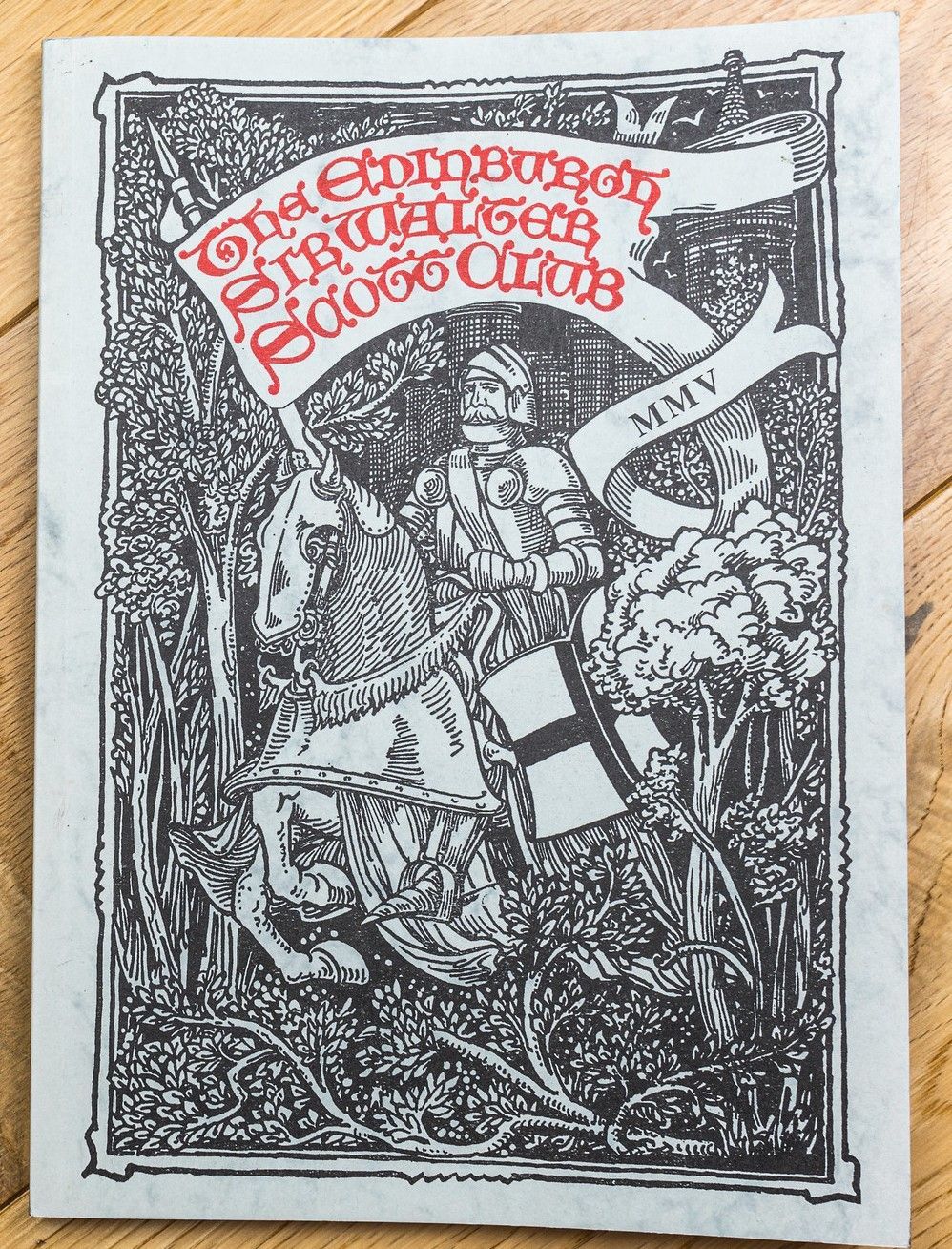Scott and America
Thursday 21st October 2004
Summary of the Talk:
Prof. Hook begins by highlighting the immense popularity of Sir Walter Scott in America, particularly in contrast to modern undergraduates who might not recognize Scott’s enduring influence. He contrasts Scott’s role in shaping the Scottish tourism industry and his subtle yet profound role in a war related to America—though not the first transatlantic war.
Early Life and Views on America:
Hook delves into Scott's early life and his views on the American Revolution, which were initially not sympathetic toward the American colonies, as Scott was loyal to the British Crown. He reveals an ironic twist: despite this early antipathy, Scott would go on to capture the American imagination more profoundly than any other author.
Scott’s Initial Reception in America:
Scott’s first literary reception in America was lukewarm, with critics dismissing his early works as too local to appeal to a wider audience. However, despite this early resistance, Scott’s works like The Lay of the Last Minstrel and subsequent narrative poems found wide readership across the U.S., with Scott quickly becoming a literary sensation.
Scott's American Popularity:
By the time of the Waverley Novels, Scott had become immensely popular in America. Some reports claim nearly 200,000 copies of the novels sold, showing his widespread influence. Hook notes that American critics frequently praised Scott’s works, drawing comparisons to Shakespeare.
Influence on American Literature and Identity:
Scott’s works were influential in shaping American literature, with his historical and romantic storytelling inspiring American writers, especially James Fenimore Cooper. His celebration of Scottish history served as a model for American authors to build their own national literature, emphasizing local history and culture, much as Scott did for Scotland.
Scott’s Impact on the American South:
One of the more controversial aspects of Scott’s legacy, particularly in America, is his influence on the South, especially during the period leading up to the Civil War. Some believe Scott’s romanticized view of the aristocratic, feudal society in his novels played a part in shaping Southern identity. Mark Twain famously argued that Scott’s romantic nationalism contributed to the South’s misguided sense of self, culminating in the Civil War. Hook also notes how elements of Scott’s fiction, like the portrayal of secret societies, may have resonated with groups like the Ku Klux Klan, furthering the influence of Scott’s cultural legacy in the South.
Key Points of Interest:
- Scott's Influence on Tourism: Scott’s writing helped create the Scottish tourism industry, as his readers travelled to see the locations described in his works.
- Scott’s Early American Reception: Despite initial scepticism about Scott's relevance, his works became hugely popular, especially in the early 19th century.
- Romanticism and National Identity: Scott’s romantic nationalism helped shape both Scottish and American literary traditions, influencing American writers to focus on their own national heritage.
- Scott and the South: Scott’s depiction of aristocratic values in his novels may have contributed to the cultural identity of the American South, with some even claiming his work played a role in the ideological foundation of the Confederacy.
Prof. Hook’s analysis reveals the deep and enduring impact Scott had not only on American literature but also on the cultural and social fabric of the United States, from the romantic ideals in literature to the political implications in the South.
Download the [Transcript] or Read the [Bulletin]

Download the [Transcript] or Read the [Bulletin]


